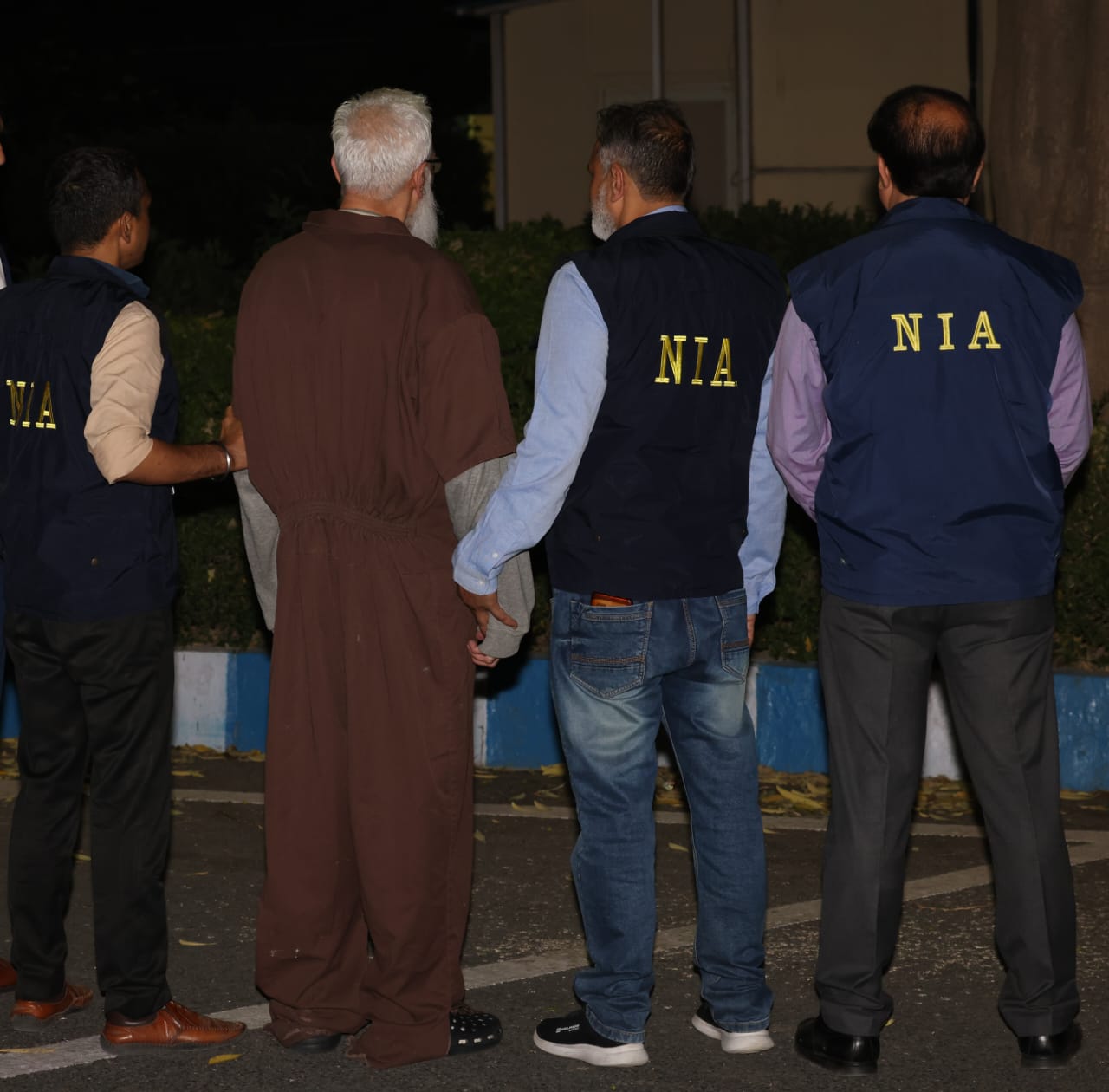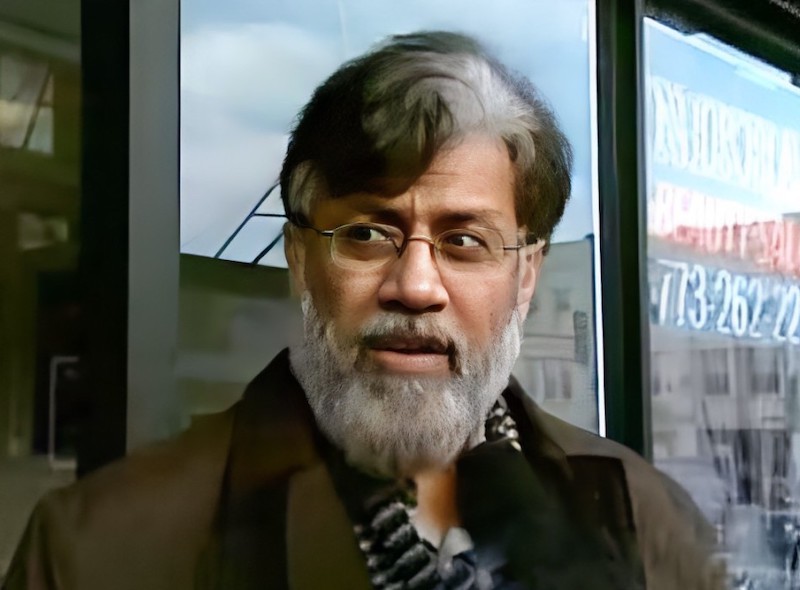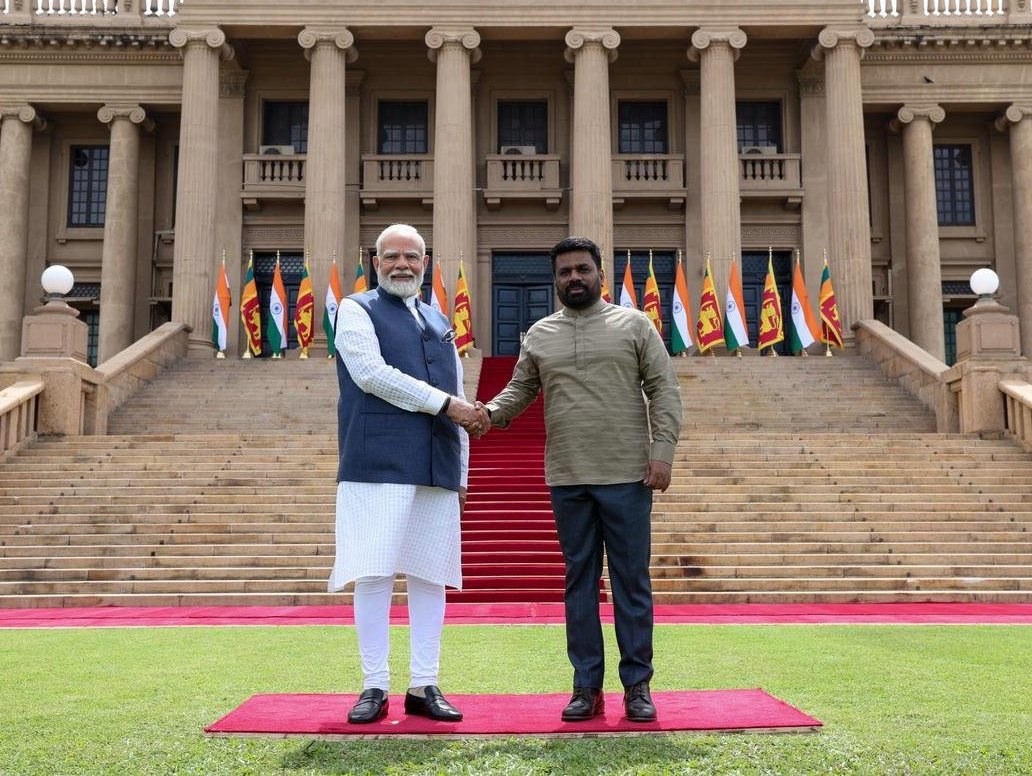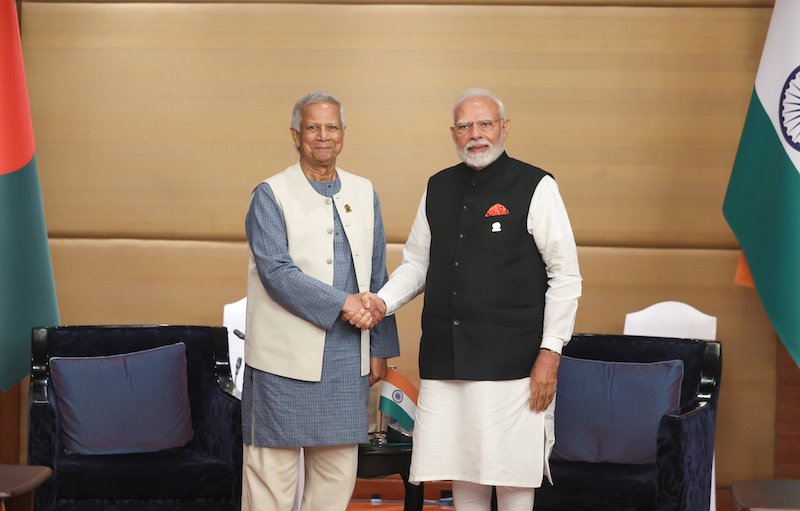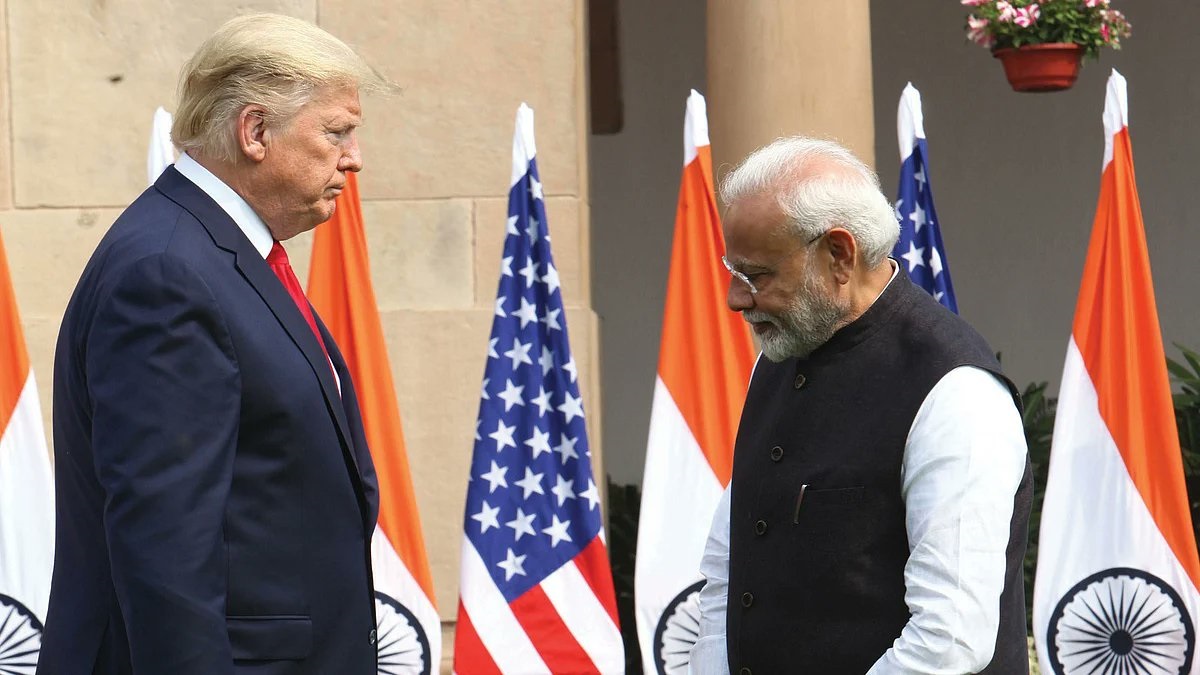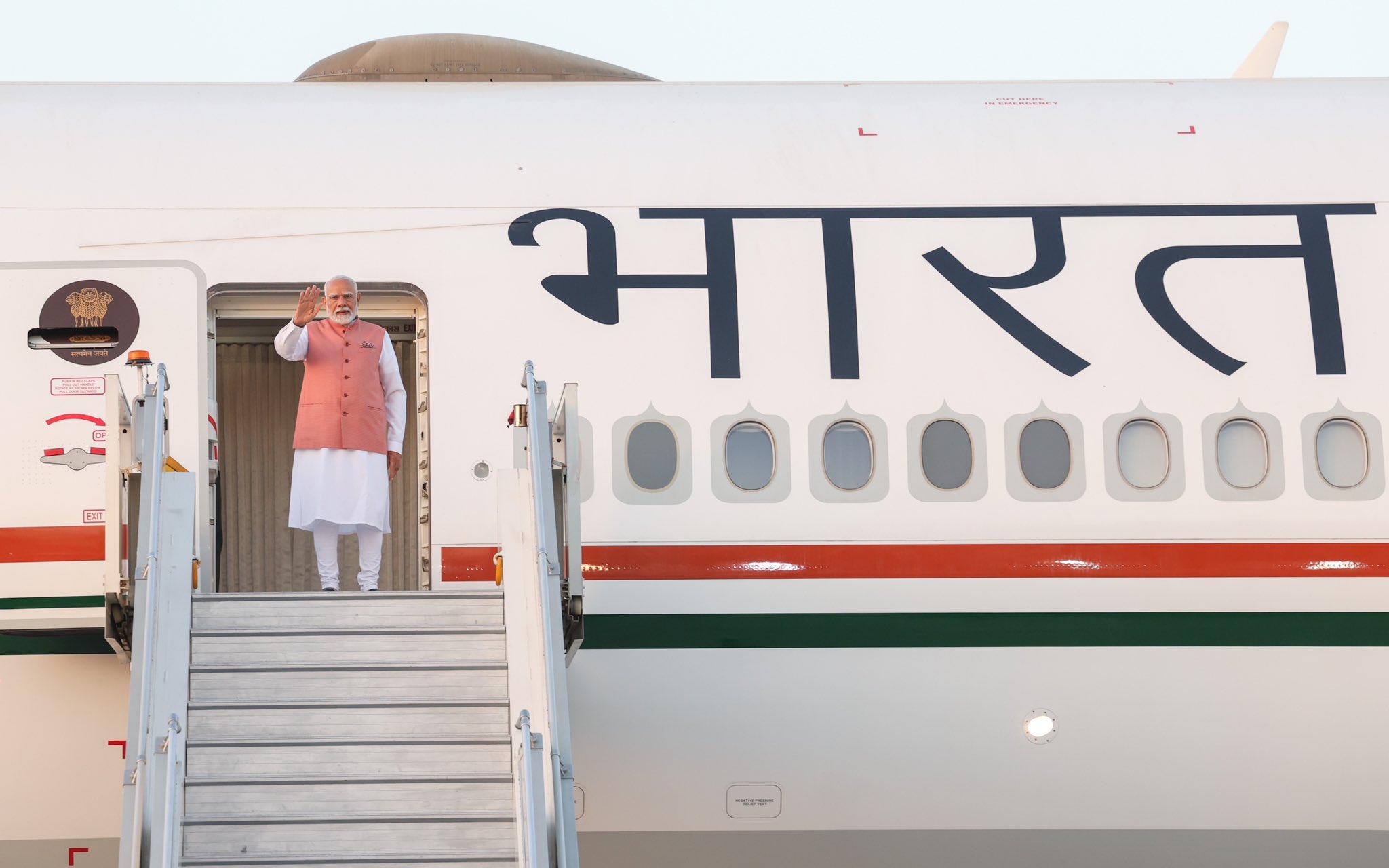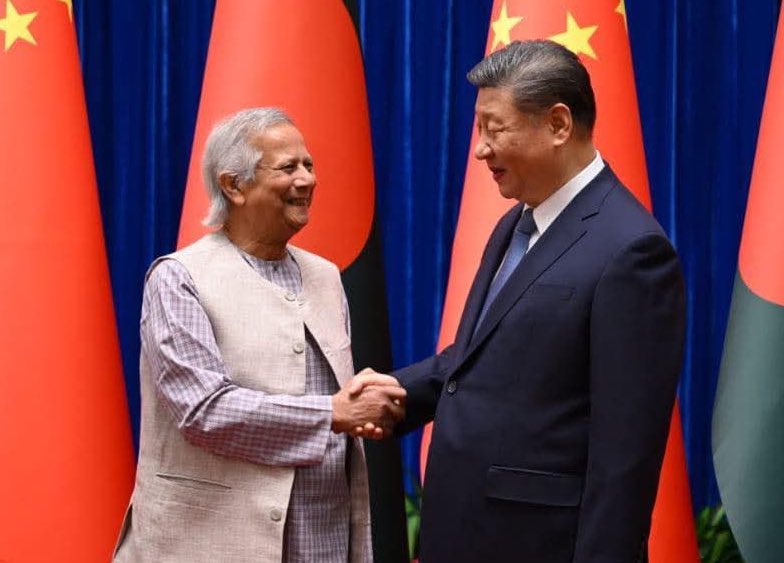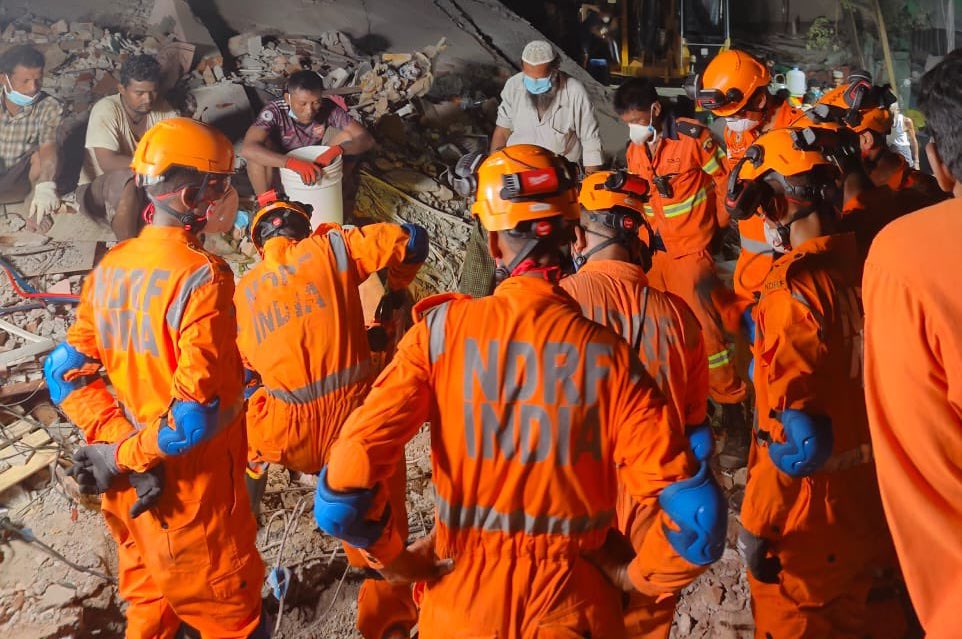
New Delhi: The United States and India are working together on developing diagnostics, therapeutics and vaccines to combat the disease and recognize the importance of manufacturing critical drugs during this time and making them accessible globally, the US Embassy in India said on Wednesday.
Both the countries are partnering to strengthen the global response to COVID-19.
The partnership, include strengthening health systems and sharing best practices; improving the ability to prevent, detect, and respond to epidemics; preventing further transmission through targeted risk communications and community engagement; advancing innovative local solutions; exploring health care financing options; and restoring and securing global supply chains, it added.
On repatriation drive, the Embassy said that the US and India continue to work together to bring “our respective citizens home through repatriation flights.”
Earlier, the US government agencies, including the US Agency for International Development (USAID), the Centers for Disease and Control and Prevention, and other Department of Health and Human Services agencies, had provided over $1.4 billion in health assistance to India.
At the request of US President Donald Trump, India lifted ban on export of hydroxychloroquine drug.
It sent a consignment of hydroxychloroquine tablets to the US along with nine metric tons of active pharmaceutical ingredient or API required in the manufacturing of the drug.
"Supporting our partners in the fight against Covid-19. Consignment of hydroxychloroquine from India arrived at Newark airport today," India's Ambassador to the US Taranjit Singh Sandhu had tweeted on the same day.
India is a major producer of hydroxychloroquine drug which is being used in treating malarial.
Hydroxychloroquine was identified by the US Food and Drug Administration as a possible treatment for the Covid-19.
Anticipating that it will work, given initial positive results, the US had bought over 29 million doses of hydroxychloroquine for the potential treatment of Covid-19 patients.

